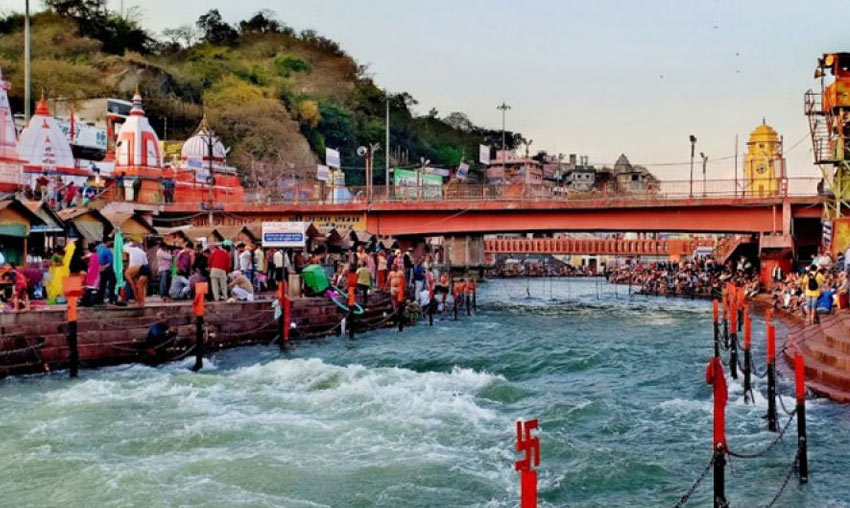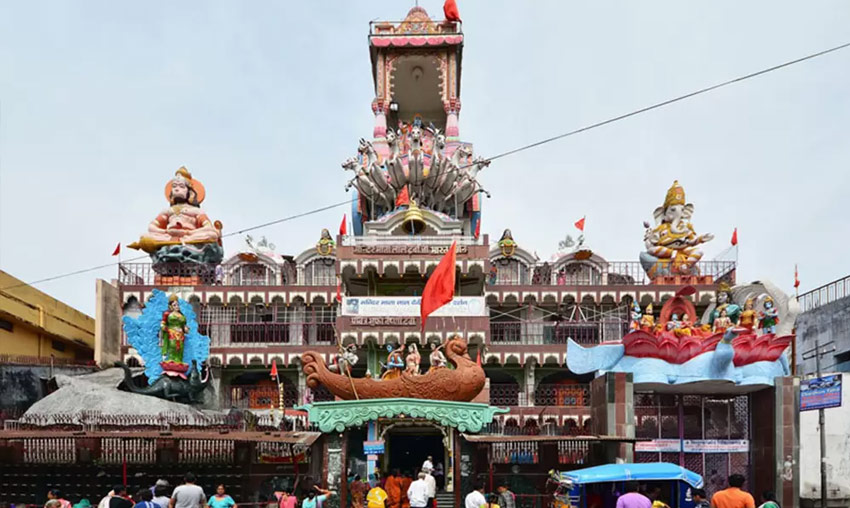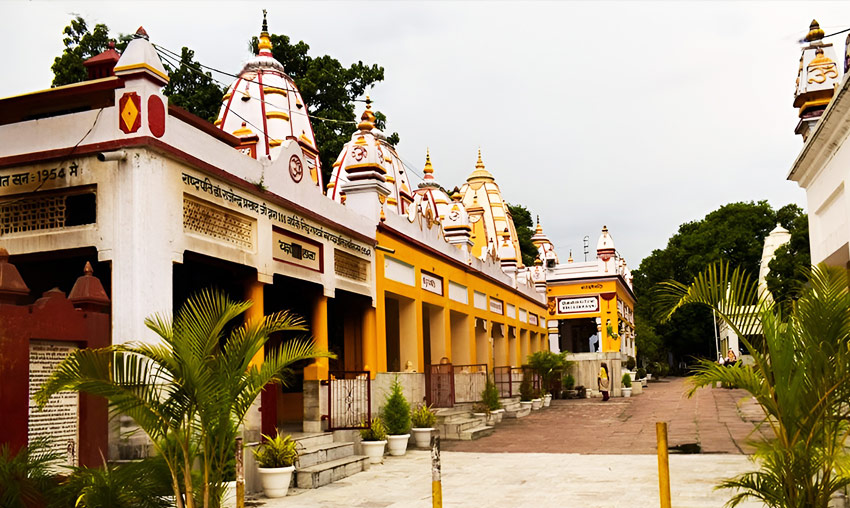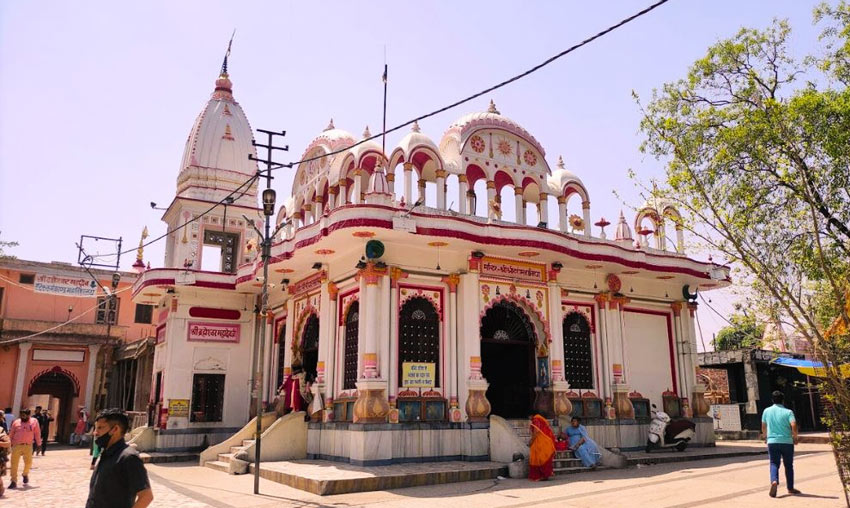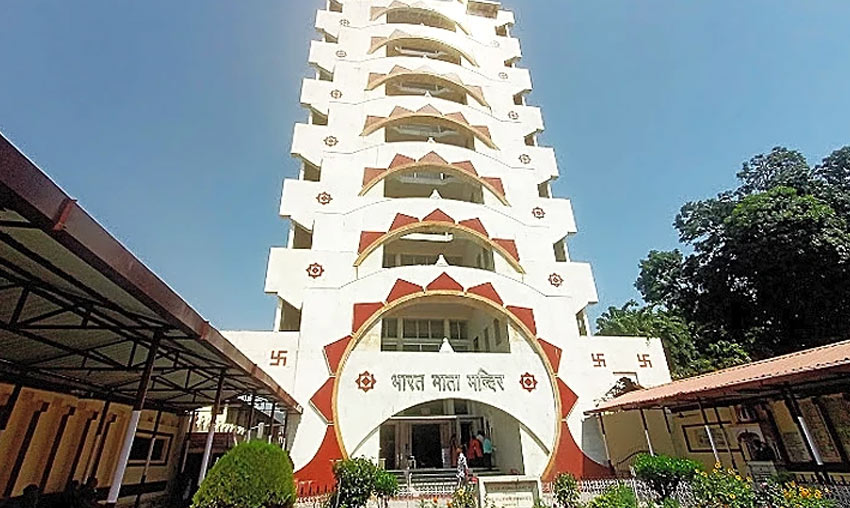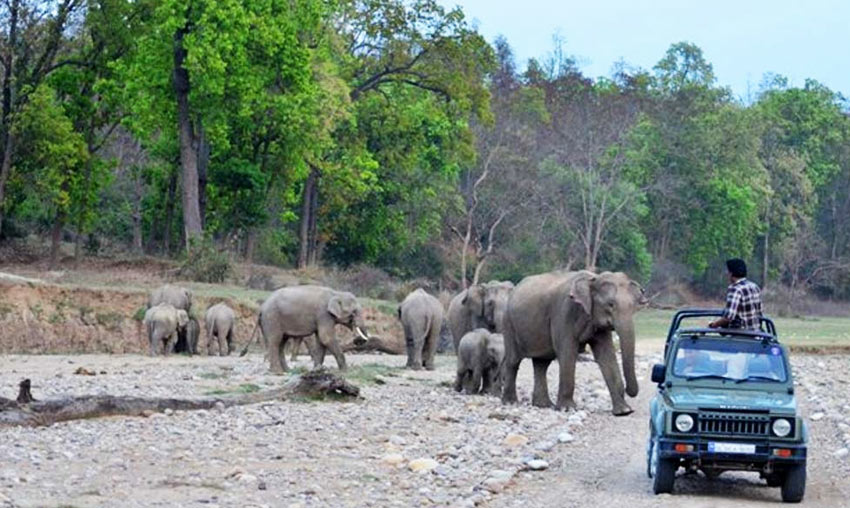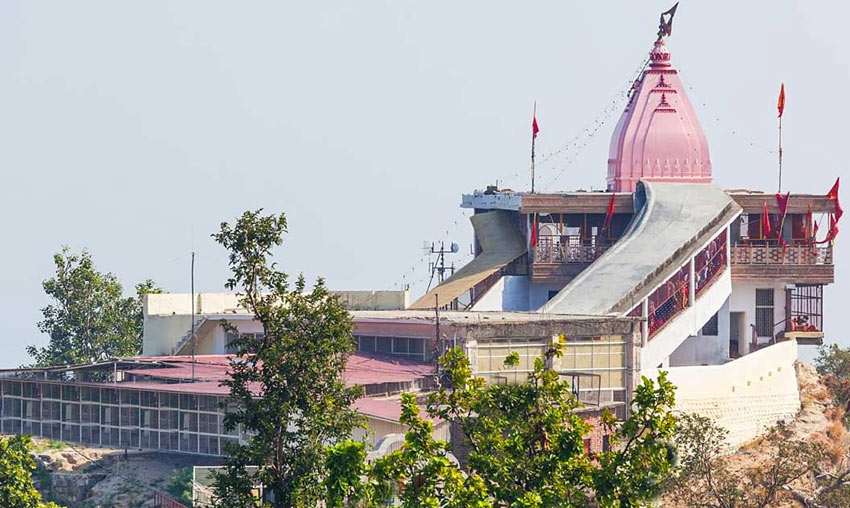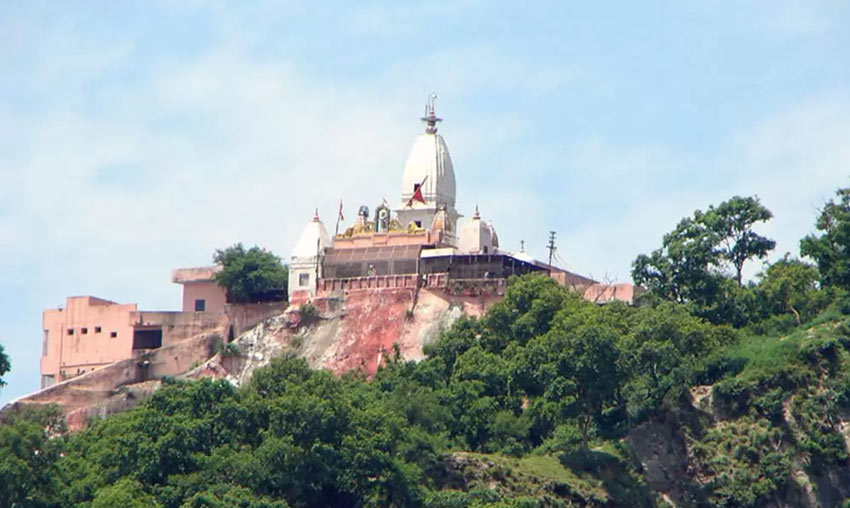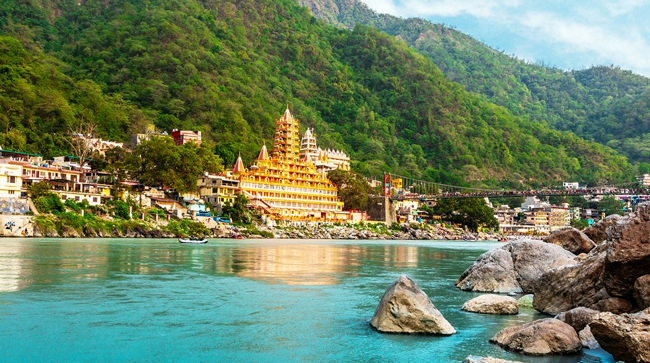Har Ki Pauri, Haridwar Overview
The Ganga River, which flows through the Himalayas, first touches the lowlands in Har Ki Pauri. The evenings of Har Ki Pauri are the most treasured by its guests, as they are always serene and tranquil. Offerings are made with lit candles and diyas floating across the river at the several temples along the riverbank, creating a mesmerising scene. It is a once-in-a-lifetime experience to hear sages meditating while chanting mantras and prayers. One is transported to a completely new universe by the background gongs. Lord Shiva and Lord Vishnu are believed to have visited the place in Vedic times. The large footprints on a stone wall are said to belong to Lord Vishnu.
History of Har Ki Pauri
King Vikramaditya is credited with building the revered ghat, which is almost two centuries old. In honor of Bharati, the brother of King Vikramaditya, who meditated here on the banks of the Ganga River, Har Ki Pauri was constructed.It is thought that the drops of “amrit” fell over “Brahmakund,” the precise location where the morning and evening aartis are performed.
With Har Ki Pauri drawing a lot of tourists, the ghats there have seen extensive extensions and repairs throughout the years. Hargyan Singh Katara, a Zamindar from Agra, Uttar Pradesh, completed the first extension in 1938. He repeated the process in 1986. The Ganga is said to have been brought to earth from heaven by the legendary ruler Bhagirath. According to local legend, the presence of the three immortal gods Mahesh, Vishnu, and Brahma has sanctified Haridwar.
Ganga Aarti at Har Ki Pauri, Haridwar
Thousands of people watch the Aarti offered to the Ganga River. Har Ki Pauri has a mystical feel to it because of the white-clad priests carrying big fire bowls, the mantras they sing, and the gongs that emerge from the temples. Between 5:30 and 6:30 in the morning and 6:00 and 7:00 in the evening is when Ganga Aarti is held.
The aarti is conducted by priests chosen by the Ganga Sabha. An NGO called Ganga Sabha assists the government in maintaining the cleanliness and administration of the ghats and conducts the morning and evening aartis at Har Ki Pauri. Sit atop the ghats on the other side of the temples for the greatest view of the Aarti. ‘Malviya Dweep’ is another island-style ghat where you can sit. Every day, almost 3,000 people visit the Aarti, and on weekends, the number rises. Pandit Jagannath’s Sanskrit poem “Ganga Lahari” is chanted to begin the celebration, which is followed by the magnificent Aarti.
Festivals
Har Ki Pauri is especially well-known for the massive influx of pilgrims and devotees during the Ardh Kumbh Mela, which is held here every six years, and the Kumbh Mela, which is hosted here once every twelve years. It is said that the Kumbh Mela is the world’s largest pilgrimage event.
The annual Festival of Vaisakhi, a massive harvest celebration that takes place in April, is also attended by a sizable crowd. When the whole ghat is illuminated and worshipers present diyas to the sacred river, thousands of people celebrate Diwali, the festival of lights. The East Indian “Chhath” festival, which honors the Sun God, is also celebrated with tremendous zeal.
Best Time To Visit Har Ki Pauri
The summer months, which run from March to the end of June, are the ideal times to visit Har Ki Pauri. The winter months of October through February can be rather cold, so one might want to stay away from them.
Tips For Visiting Har Ki Pauri
Don’t miss the evening aarti, which is regarded by devotees as the most treasured moment of the day. It is not advisable to swim across the barricades due to the strong river current.
